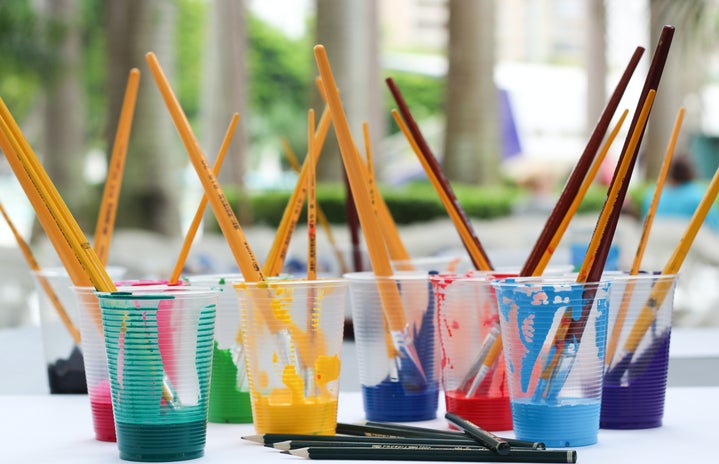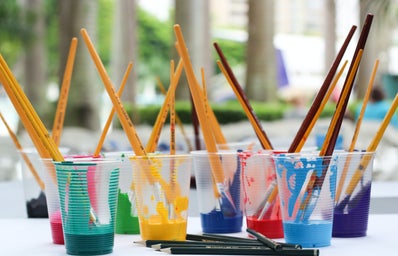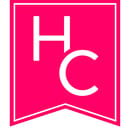I began my freshman year at Appalachian State with no direction. I had no idea what I wanted out of my college experience, and I certainly didn’t know what kind of career I wanted.
An infinite amount of students share this same problem. But growing up, many of my friends had, and still have, their lives planned down to a tee with dreams of practical careers like becoming a teacher, a nurse or a lawyer. My friends who had these goals had seemingly endless resources to nurture their budding passions. Students like me, however, did not.
In high school, I was the one who gave my friends paintings as birthday gifts. I spent my free time teaching myself to play guitar and piano. I read Rolling Stone instead of Cosmo. I was creative and artistic growing up, but no one ever told me what I could do with my skills. “Oh, you should do something with music, Dianna!” Okay, but what? No one from my public school system helped me nurture my artistic abilities or taught me about what career paths I could take that involved my interests.
The kids who wanted to be lawyers or politicians had debate team. The kids who wanted to be doctors got to take biology, chemistry, and physics classes. The kids who were interested in finance and business were introduced to DECA. The kids who were interested in music and art got the short end of the stick. Aside from the limited art classes that I took every semester, there was not a single system in place in my high school to help me explore my passions. That is not the way it should have been.
Art and music education and exploration is beneficial to all students, as it improves cultural awareness, academic performance, and motor skills. More importantly, it helps artistic individuals find personal fulfillment. Unfortunately, the typical public school in America rarely puts an emphasis on subjects other than math, science, history, and English. Art and music classes are sometimes offered as electives, but generally, it seems as though they are subjects that have been deemed unworthy of serious focus in schools.
Not everyone is destined for a career in science or math. It’s time that school systems understand this and recognize that the needs of right-brained students are just as important as the needs of left-brained students. Artistic children who don’t have access to costly programs outside the walls of their schools deserve access to courses and extracurricular activities that will help them develop their skill set. It’s nonnegotiable.



